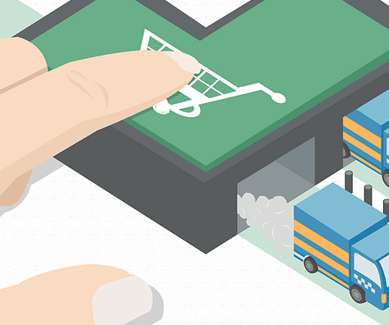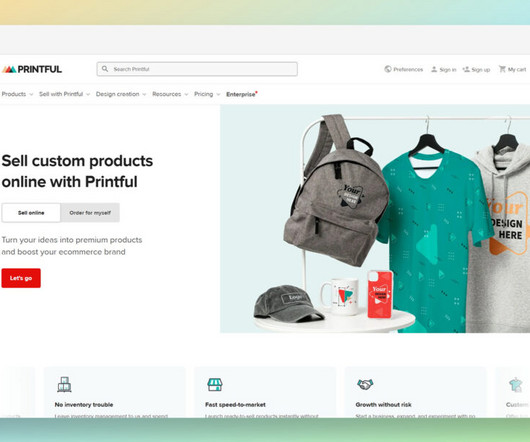How To Start an Ecommerce Business in 2020 – 6 Step Guide
Ecommerce Platforms
JANUARY 14, 2020
Selling products online has never been so popular and rewarding. Ecommerce business is booming. The stats analyzed by eMarketer predict that by 2021, the global ecommerce revenue is expected to reach $5 trillion. Your business model should capture such attributes to cash in on the customers’ confidence. Photography.












Let's personalize your content